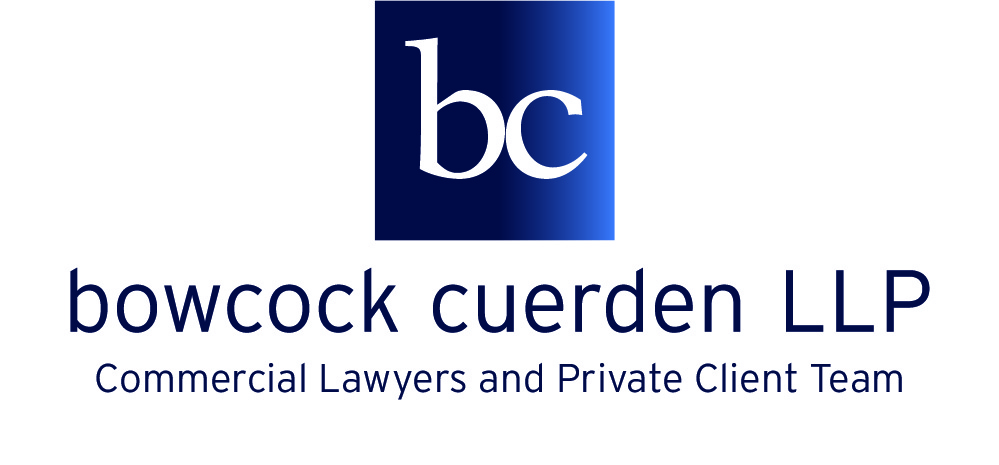Commercial leases – what to look out for
Taking on a lease of a commercial premises can be an exciting event, but may also be a daunting and confusing process for any start-up business. There are many aspects to consider when drafting the key terms of a new lease and numerous traps for the unwary.
Heads of terms
Clear heads of terms should set out the key points agreed between the parties for the proposed letting including the extent of property to be let, rent and rent reviews. We recommend that you always speak with your solicitor before agreeing heads of terms so that they can give guidance on any particular issues of importance to you, such as service charges, car parking rights and rights of access in case of emergency.
Points to consider in the lease
-
- Are the rights to be granted to you sufficient for your purpose?
-
- Are the rights reserved in favour of the landlord potentially too disruptive for your proposed use of the property?
-
- Have you agreed the frequency of any rent reviews? Often this is at the end of every fifth year of the term, although some landlords may ask for rent reviews every three or four years.
-
- Do you need a break clause allowing you to bring the lease term to an early end? If so, and if this is agreed by the landlord, then you should ensure that only the bare minimum of conditions are attached to the break right. Ideally six months’ notice in writing to the landlord should suffice. However, they will often require pre-conditions such as payment of rent and giving up the property with vacant possession on the break date. What you should always resist is any proposal by the landlord that the break can only be exercised if you have complied with the covenants in the lease – this is almost impossible to achieve!
-
- Will you have the right to assign the lease and/or sublet the property?
-
- Will there be a service charge? If so, try to ensure that this is capped at an agreed level in every year.
-
- Is the business use allowed under the lease also an authorised planning use? You do not want to face enforcement by the local authority.
-
- Will you have sufficient rights to erect signage so that you can announce your presence in the building?
-
- Is the property in less than perfect condition? If so, then you should aim to agree that your repairing and decorating obligations will be judged against a schedule of condition and that you are not obliged to put the property in any better state of repair or condition than that described in the schedule.
These are just a few of the areas that should be very carefully considered before taking a lease. We are able to offer advice and assistance, from the heads of terms stage through to negotiating the lease and dealing with any associated licences that may be required, such as permitting tenant’s fit out works.
Registration
Any lease of more than seven years must be registered at the Land Registry, as must a transfer of an unregistered lease where the unexpired term exceeds seven years. It is important to ensure that the lease plan is Land Registry compliant so that the lease can be correctly registered as soon as possible following completion.
Stamp Duty Land Tax
Depending upon the level of rent, stamp duty land tax may need to be paid and you will want to know how much this is before you take on the lease.
Many tenants think that an easy way to save money is to avoid talking to a solicitor about the lease. This can often be a false economy, particularly if the lease was drawn in highly unfavourable terms to the tenant and as a result it may be impossible to assign or underlet, or because it may contain conditions attaching to the break right which make it impossible for the tenant to actually break the lease.
For further information, please contact Andrew Williamson




